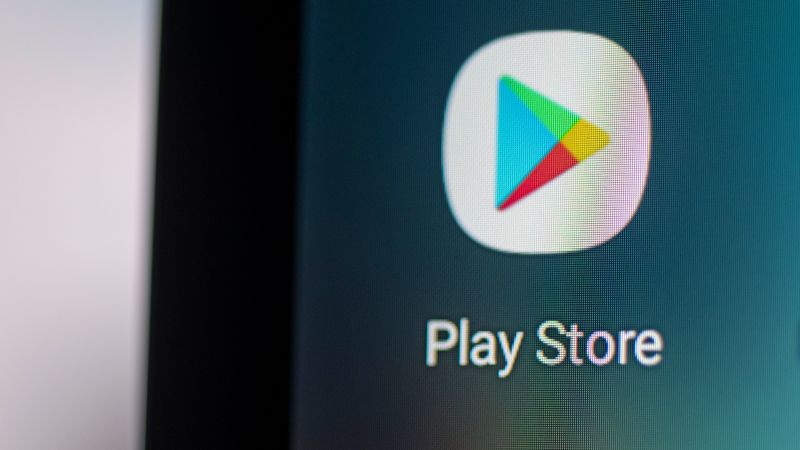Fabian Sommer/picture-alliance/dpa/AP
ILLUSTRATION – 28 April 2021, Berlin: On the screen of a smartphone you can see the logo of the app Play Store of the US company Google. Photo by: Fabian Sommer/picture-alliance/dpa/AP Images
CNN
—
Epic Games, the creator of the widely popular game “Fortnite,” is embarking on a legal battle against Google, generating significant interest in the antitrust showdown that could reshape the landscape of Android app distribution and in-app content payment options for smartphone users.
Epic’s lawsuit, filed in the US District Court in California’s Northern District, specifically targets the Google Play Store. The focus is on Google’s fees for in-app subscriptions and transactions, as well as other terms that app developers, like Epic, argue have contributed to Google’s alleged illegal monopoly in app distribution.
This legal battle comes after years of debate surrounding the app store practices of companies like Google and Apple, and whether they truly promote an open and competitive app ecosystem. Google and Apple assert that their app stores not only generate substantial revenue for small businesses, but also provide crucial security oversight for Android and iOS users.
The trial may feature high-profile witnesses from both sides, including Google CEO Sundar Pichai and Epic CEO Tim Sweeney.
The roots of this court battle can be traced back to 2020 when Epic launched Project Liberty, a strategy aimed at bypassing the app store terms of both Apple and Google. This move by Epic led to a direct confrontation with the tech giants.
Epic updated the Fortnite app to encourage users to make in-app purchases directly through Epic’s own website, rather than through Apple and Google’s payment systems. This tactic violated the developer terms set by the app stores.
As a result, both app stores removed the Fortnite app from their platforms, preventing Apple users from playing Fortnite on iOS devices. Epic’s legal battle with Apple may soon undergo review by the Supreme Court. However, Fortnite remains accessible on Android devices through various non-Google channels.
Meanwhile, Tim Sweeney has alleged that Google violates US antitrust law by “controlling, surveilling, and taxing transactions between users and developers.”
Google argues that Epic simply wants access to the Play Store’s 2.5 billion users worldwide without paying to support the platform. Google believes a victory for Epic could jeopardize its ability to provide a competitive Android alternative to Apple’s iOS.
Wilson White, Google’s vice president of public policy and government affairs, emphasizes that the most significant aspect of this case is demonstrating to the jury how Android offers more choice, flexibility, and openness than any other platform. He contends that Epic has already utilized these benefits and that their claims should fail as a result.
Initially, the lawsuit against Google involved numerous parties, including state attorneys general, individual consumers, and Match Group, the company behind popular dating apps like Tinder, Hinge, and Match. However, Google has successfully narrowed down the list of opposing parties through settlements, and now Epic will face Google alone in court.
The upcoming legal battle between Epic and Google promises to be a significant event.


